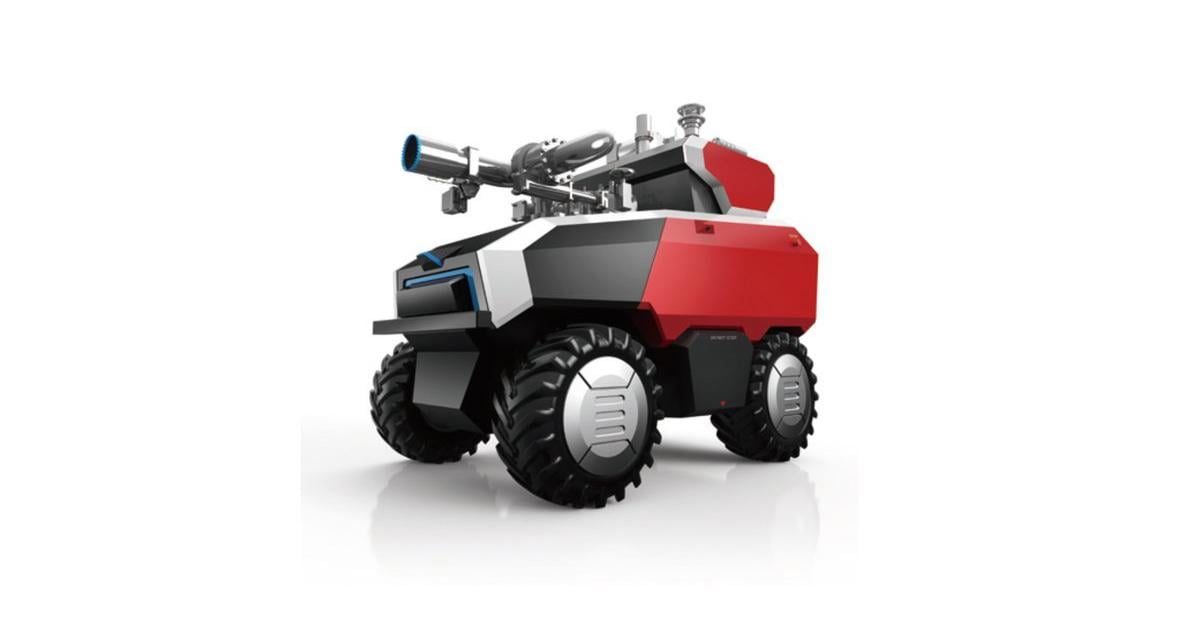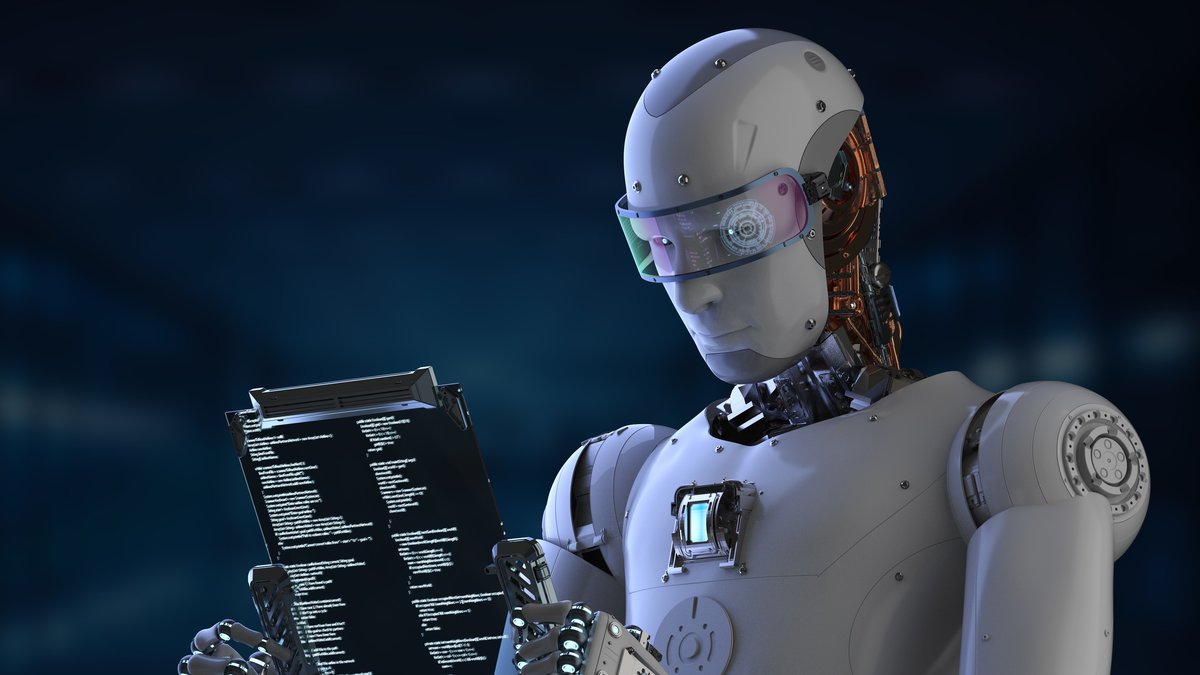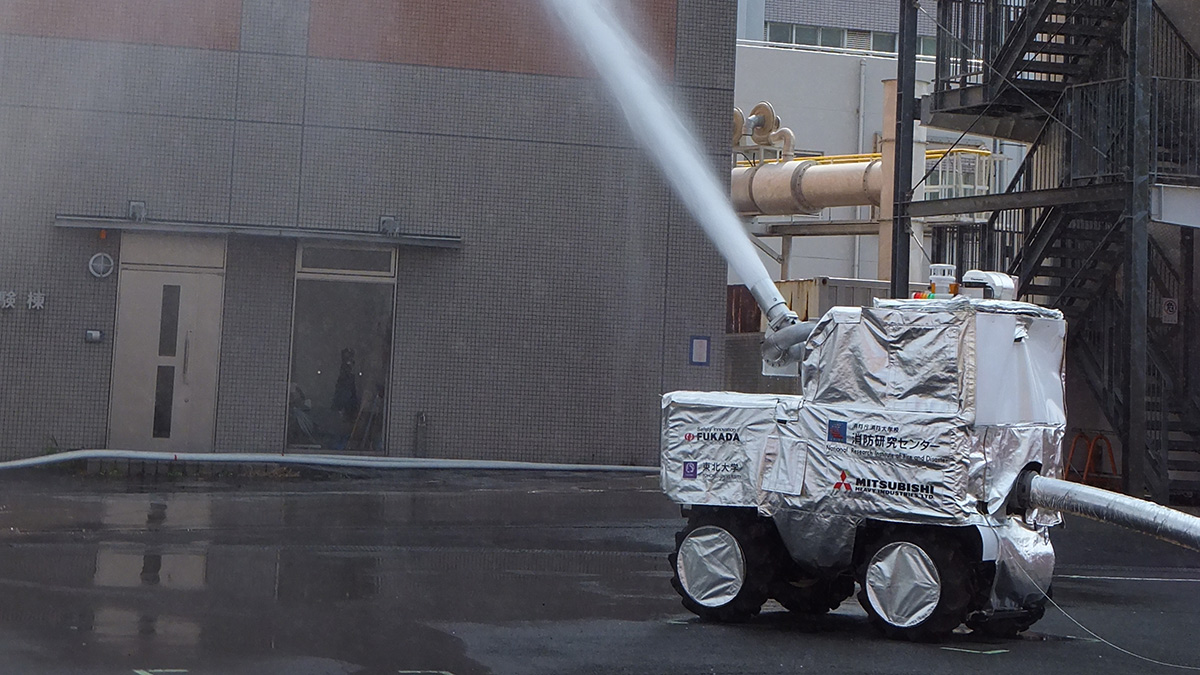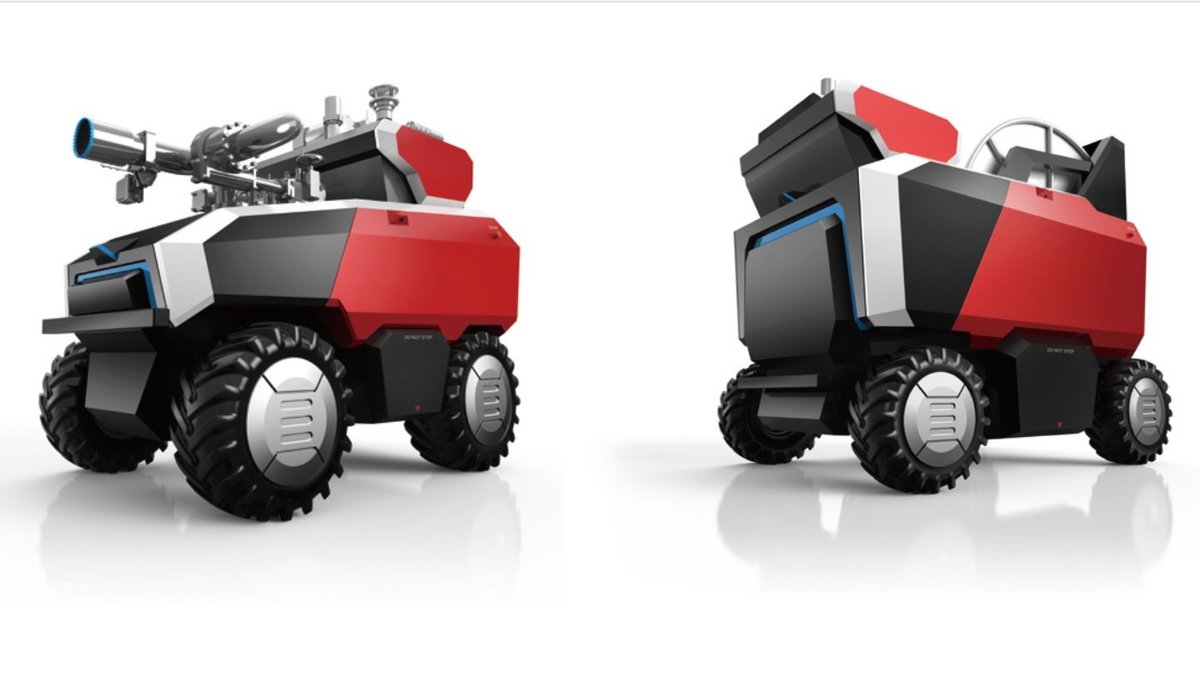How robots will change the world

Dystopian views of robotics, automation and Artificial Intelligence are a familiar staple of popular culture, tapping in to some of our most basic fears.
Just like the spinning jenny and the steam engine during the first Industrial Revolution in the late 18th century, new automation technologies raise concerns about job losses and even a wider erosion of human control.
In reality, the ‘Fourth Industrial Revolution’ is likely to go the same way as the first. Yes, disruptive technologies will bring fundamental change to business, work and society as a whole. They will eliminate certain jobs and dramatically change the profiles of others, forcing companies and individuals to re-train and reinvent themselves.
But, as with the first Industrial Revolution, the most likely outcome is that automation will replace many menial, routine tasks and generate opportunities for more qualified jobs and wealth creation.
We shouldn’t expect a world of robotic overlords reminiscent of the Terminator movies. Experts view the role of robotics and AI as being closer to Jarvis in the ‘Ironman’ series – an AI system which assists its human creator rather than replacing him.
There are plenty of examples of this already.
More rewarding work for humans
In Amazon’s warehouses, many orders are now picked and packaged by robots. There are 45,000 robots in action in 20 fulfilment centers worldwide.
Robots are helping out in rather more refined industries too. In France and other wine-making regions around the world, ‘wine bots’ have taken on pruning vines in vineyards, addressing the challenge of finding sufficient labor during the harvest.

And it’s not just manual work anymore. For lawyers and paralegals, AI can now take on the tedious, time-consuming ‘doc reviews’ that used to take up countless man hours by automatically poring over hundreds of documents for mentions of specific words or concepts. Not only is this a faster, more efficient approach, it also means legal practitioners can focus on more rewarding aspects of their jobs.
A robot currently being developed by Mitsubishi Heavy Industries will automate or “un-man” another laborious routine task: inspecting industrial and power plants. Equipped with cameras and crawler, it operates autonomously and is explosion-proof, freeing up working time and keeping human workers out of danger.
Robots as risk-takers
There are many other applications for robots in high-risk environments.
Bomb disposal robots have been around for some time doing just that. Not only does their use take humans out of harm’s way, they can often dispose of bombs more effectively.
Similarly, Mitsubishi Heavy Industries Group's new robots do jobs few firefighters would want to take on. They will go to sites which are difficult for human firefighters to access, such as fires in petrochemical facilities, or where flammable substances have leaked.
The Firefighting Robot System was being led by National Research Institute of Fire and Disaster Japan and developed jointly by several companies and universities . It consists of a water-cannon robot, which can extinguish fires where people cannot reach, and a supporting system which automatically lays out a fire hose of up to 300m in length, etc.
They are designed to be installed on a fire engine so that they can be moved on-site easily and quickly. Automated reconnaissance and command systems ensure that both robots can work largely independently. In addition to reducing the risks to human lives, they have also been found to extinguish flames more efficiently than a human team could in the circumstances.

Adapting to change
So, robots and AI are already helping us in many ways. But should we worry about them taking our jobs?
According to a 2016 paper by James Bessen, an economist at Boston University, the relationship between technology and jobs does not have to be inversely proportional.
Based on historical data, the paper concluded that occupations that use computers grow faster than those that do not, and found no evidence of technology causing large scale unemployment.
But, of course, history affords us no guarantees for the future, and the study makes it clear that to make the most of the opportunities these technologies are bringing, we must be willing to adapt our businesses, retrain our workers and become used to constant evolution in the workplace.






